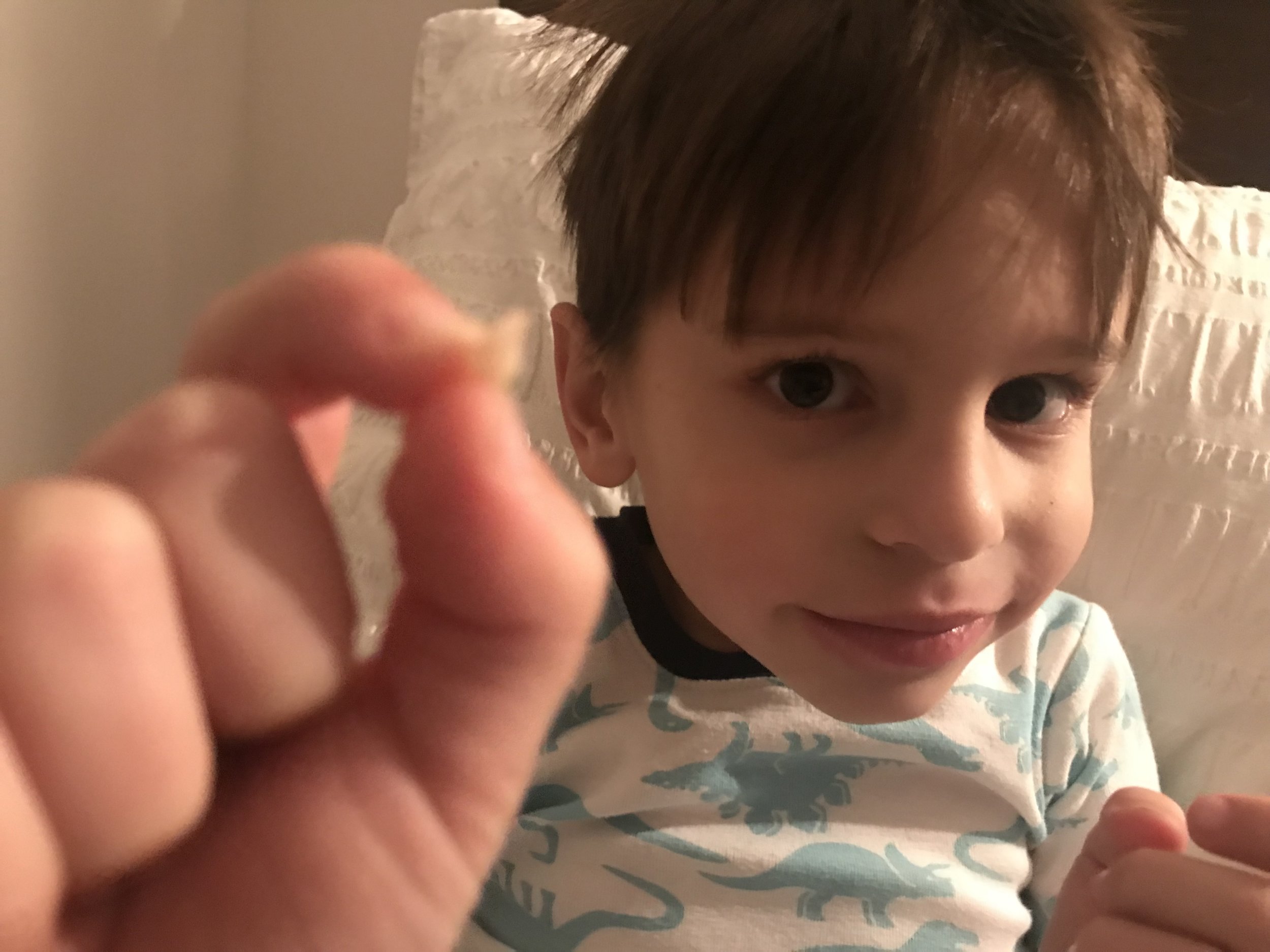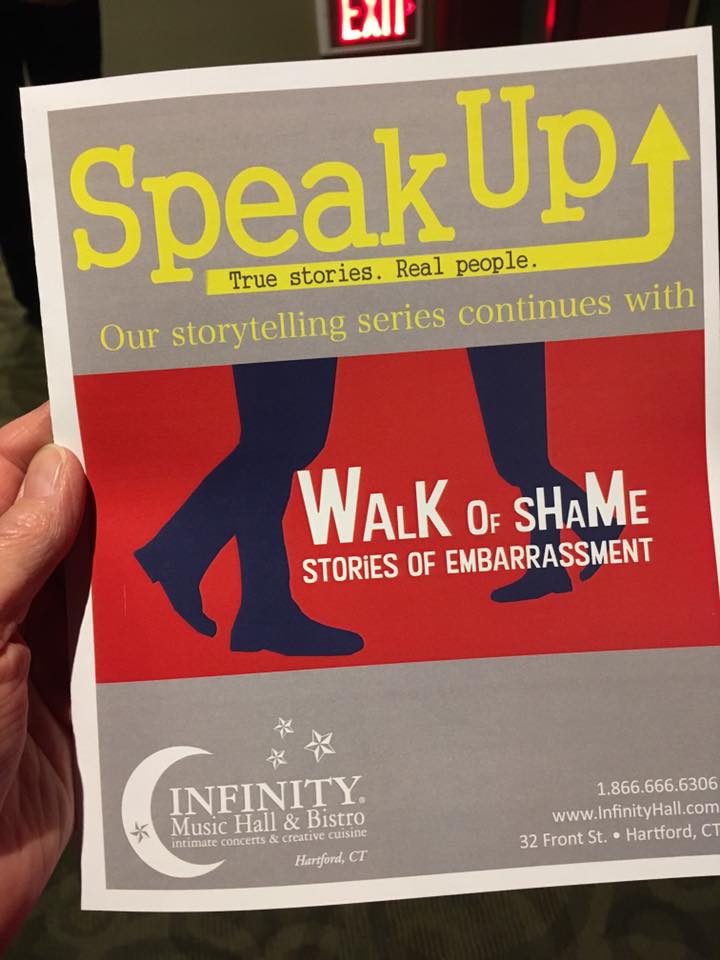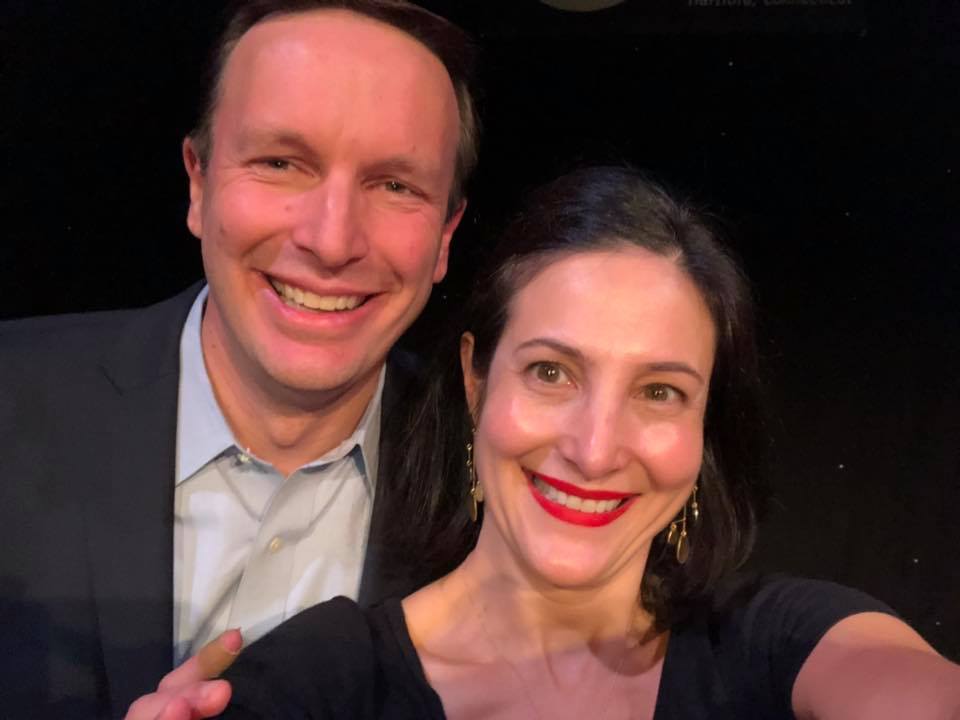Reach for the masses...
/Back in May of this year, Elysha and I launched Speak Up Storytelling, a podcast about telling your best stories. Each week we teach strategies for finding, crafting, and telling stories. We also play a story previously told at a Speak Up event and use that story to teach lessons about what the storyteller has done well and what might be improved for next time.
Our goal was to produce at least 25 episodes in 2018. This week we published #24 and will be recording #25.
But in addition to sending 24 podcast episodes into the world and garnering thousands of listeners, amazing connections have been made.
Just this week, we have heard from:
A man in Africa who using is storytelling (including my book Storyworthy and our podcast) to “forge community connection between whites (westerners) and blacks (locals).”
A woman in Brisbane, Australia who’s read my book and listens to the podcast with friends who has been inspired to launch her own storytelling show in January.
A teacher in Chicago who is using my book and our podcast as part of her spring curriculum.
Two different podcast listeners in the Seattle area who have each shared some remarkable ideas and bits of art with me.
Just this morning a listener in Maine who hit her 100 days using my Homework for Life strategy.
I’ve said it before, and I’ll keep on saying it:
Find a way to put your voice out into the world. Find a way to take your passion and turn it into something that reaches beyond the cozy confines of your home. Whether it’s a podcast or a blog or YouTube or Instagram, find a way to bring your expertise and your joy to the masses.
The potential returns are immeasurable.
We’re so fortunate to live in a time when each one of us can be writers and broadcasters with the potential for reaching millions of people. Less than two decades ago, gatekeepers kept the vast majority of human beings silenced. Reaching a large audience required enormous sums of money, technical expertise, years spent climbing the ladder and paying your dues, and access to networks controlled by a small number of businesspeople.
Almost exclusively white men.
Today you can reach the world with an Internet connection and a phone. A laptop and a microphone.
We forget how lucky we are.
Elysha and I are not special. We are not uniquely talented or especially well equipped for podcasting. Our operation is not a sophisticated one:
Once a week, we sit at the dining room table with about $200 worth of audio equipment and a laptop and try to record a podcast as phones ring, children who are supposed to be in bed interrupt us, and cats knock over microphones.
And our audience isn’t very large yet. We are finding listeners slowly, primarily in the United States but also in 49 other countries worldwide.
But relatively speaking, the audience is small but growing.
But when you receive an email from someone on the other side of the world explaining how your words are changing their life and the lives of others for the better, it doesn’t matter how many people are listening.
Just those few would be enough.
So find a way to put yourself into the world. Take the thing that you do well and find a way to share it with others.
A photo of your garden.
A blog post about the lesson plan that went especially well.
A YouTube video on the booties that you’re knitting.
A podcast of your cringe-worthy high school poetry.
A Twitter account specializing in your accounting best practices.
You have something to share. Find a way to share it. You never know what might happen.































